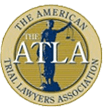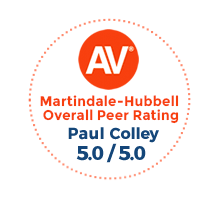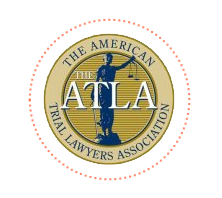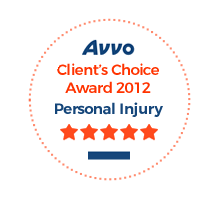5 Business Structures Compared

There are five types of business structures. It’s important to know the different types of businesses so you can fully understand those businesses with whom you shop at, work with or work for, and if you want to form a business yourself. From Tyler Candle Company to The Popcorn Junction, you constantly encounter multiple business structures.
1. Sole Proprietorship
This is the most basic structure and is a common choice for those starting a new business. There is no separation between the business and the owner, meaning you receive all profits but are also responsible for all debts, losses, and liabilities. Sole proprietorships are the easiest and cheapest way to form a business, you as the business owner have complete control, and the tax rates are the lowest because your business isn’t taxed separately. However, the biggest disadvantage is unlimited liability; you’re liable for any debts incurred throughout the life of the business.
2. Partnerships
Partnerships occur when two or more people share the ownership of a business, along with all profits and losses. The types of partnerships are general partnerships, limited liability partnerships, and joint ventures. A partnership means shared financial commitment, it’s an easy structure to form, partners can bring different skills to the business, and it can be used as motivation for employees by offering them a chance to become a partner. However, while costs are shared, it also means that each partner can be liable for debts the other partner incurs. The profits have to be split, regardless of the participation of each partner, and there is potential for disagreement about business decisions.
3. Corporations
A corporation is a legal entity owned by shareholders and is usually employed by large businesses. Only the corporation is liable for the actions and debts incurred. The shareholders have limited liability (they can only lose what they’ve invested) and corporations can generate capital by selling stock. Shareholders are only taxed on the profits they’re paid, but double taxation occurs (both the corporation and the shareholders are taxed). This is an expensive structure to set up and corporations are highly regulated, increasing the amount of required reporting and paperwork.
4. S Corporations
Businesses that qualify (becoming a corporation first or an LLC requesting S corporation status) can opt to be treated as an S corporation. In this structure, only the shareholders are taxed, eliminating double taxation. The shareholders still have limited liability, but with these tax savings, strict operational requirements must be met and shareholders must receive reasonable compensation.
5. Limited Liability Companies (LLCs)
An LLC combines benefits of both a corporation and a partnership. The owners are “members” and have limited liability. However, the business isn’t a separate legal entity, so it isn’t double taxed and the owners have much less restriction not having shareholders. While the owners can decide how to allocate profits, many states require LLCs to dissolve if one member leaves and the members must pay self-employment taxes (Medicare and Social Security).
Whether you’re starting a business or deciding what type of business to work for, there are many pros and cons for each one. If you need legal support to resolve a business dispute or have questions about business litigation, contact Colley & Colley law firm in Tyler, Texas for a free consultation.
















